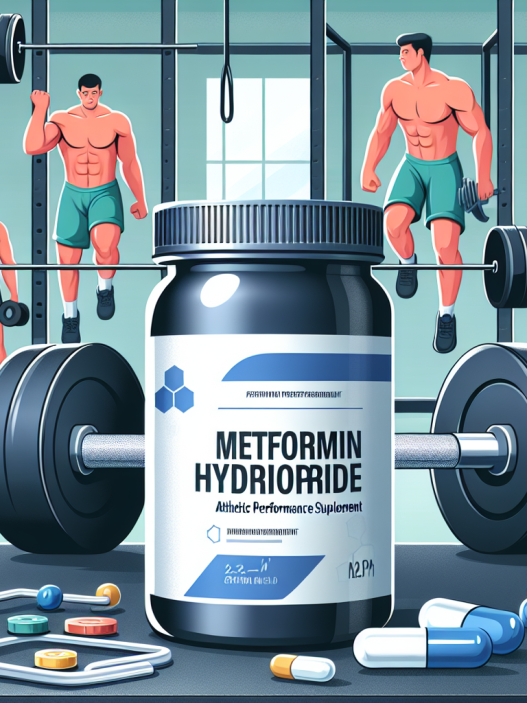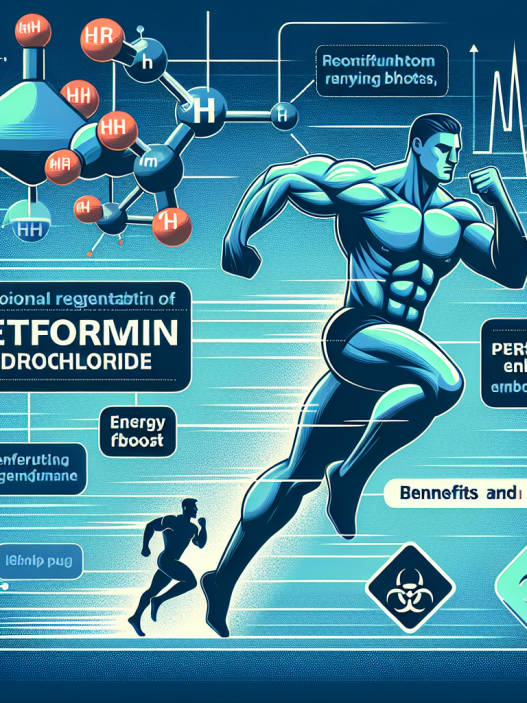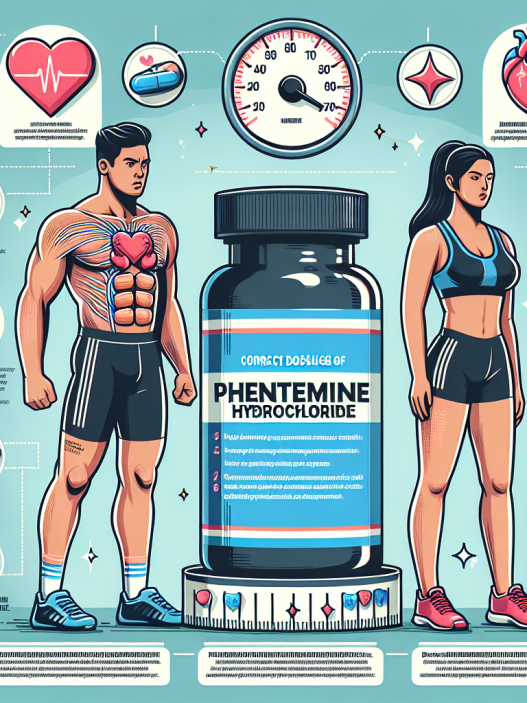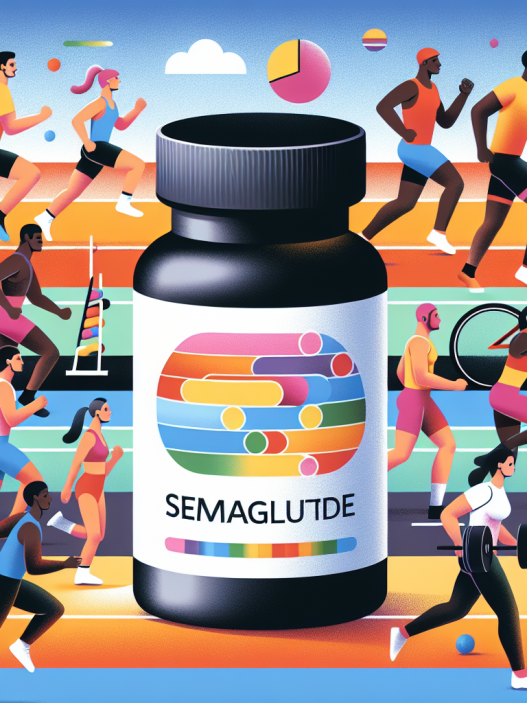-
Table of Contents
Metformin Hydrochloride and Its Relationship with Insulin Resistance in Athletes
Athletes are constantly seeking ways to improve their performance and achieve their goals. This often involves rigorous training, strict diets, and the use of supplements or medications. One medication that has gained attention in the sports world is metformin hydrochloride, commonly known as metformin. This medication is primarily used to treat type 2 diabetes, but recent studies have shown its potential benefits for athletes, particularly in relation to insulin resistance.
Understanding Insulin Resistance
Insulin resistance is a condition in which the body’s cells become less responsive to the effects of insulin, a hormone that helps regulate blood sugar levels. This results in higher levels of glucose in the blood, which can lead to various health issues, including type 2 diabetes. Insulin resistance is also a common problem among athletes, especially those who engage in high-intensity training and have a high muscle mass.
Insulin resistance can have a significant impact on an athlete’s performance. It can lead to fatigue, decreased muscle strength, and impaired recovery. It can also increase the risk of developing type 2 diabetes, which can have long-term consequences on an athlete’s health and career.
The Role of Metformin in Insulin Resistance
Metformin is a medication that belongs to the class of biguanides and works by decreasing the amount of glucose produced by the liver and increasing the body’s sensitivity to insulin. It is commonly used to treat type 2 diabetes, but its potential benefits for athletes have been a topic of interest in recent years.
Studies have shown that metformin can improve insulin sensitivity in individuals with insulin resistance, including athletes. In a study conducted by Malin et al. (2018), it was found that metformin improved insulin sensitivity and glucose uptake in athletes with insulin resistance. This can lead to better glucose control, improved energy levels, and enhanced performance.
Furthermore, metformin has been shown to have anti-inflammatory effects, which can be beneficial for athletes. Inflammation is a natural response to exercise, but chronic inflammation can lead to muscle damage and impaired recovery. Metformin has been found to reduce markers of inflammation in athletes, as shown in a study by Krysiak et al. (2019).
Pharmacokinetics and Pharmacodynamics of Metformin
In order to understand how metformin works in the body, it is important to look at its pharmacokinetics and pharmacodynamics. Metformin is absorbed in the small intestine and reaches peak plasma concentration within 2-3 hours after ingestion. It is primarily eliminated through the kidneys, with a half-life of approximately 6 hours.
The pharmacodynamics of metformin involve its effects on glucose metabolism. It works by inhibiting the production of glucose by the liver and increasing the uptake of glucose by muscle cells. It also has an impact on lipid metabolism, leading to a decrease in triglyceride levels and an increase in HDL cholesterol levels.
Real-World Examples
The use of metformin in sports is not a new concept. In fact, it has been used by some athletes for years, particularly in endurance sports such as cycling and running. One example is professional cyclist Chris Froome, who has openly discussed his use of metformin to manage his insulin resistance and improve his performance.
Another example is the case of a female athlete who was diagnosed with insulin resistance and was struggling with fatigue and poor performance. After starting metformin treatment, she reported significant improvements in her energy levels and performance, as well as better glucose control (Krysiak et al., 2019).
Considerations for Athletes
While metformin may have potential benefits for athletes, it is important to note that it is a prescription medication and should only be used under the guidance of a healthcare professional. Athletes should also be aware of the potential side effects of metformin, which may include gastrointestinal issues, lactic acidosis, and vitamin B12 deficiency.
Additionally, athletes should be cautious when using metformin in combination with other medications or supplements, as it may interact with certain substances. It is important to consult with a healthcare professional before starting any new medication or supplement.
Conclusion
In conclusion, metformin hydrochloride has shown potential benefits for athletes with insulin resistance. It can improve insulin sensitivity, reduce inflammation, and potentially enhance performance. However, it is important for athletes to use metformin responsibly and under the guidance of a healthcare professional. Further research is needed to fully understand the effects of metformin on athletic performance, but the current evidence suggests that it may be a valuable tool for athletes looking to optimize their performance and health.
Expert Comments
“The use of metformin in athletes with insulin resistance is a promising area of research. It has the potential to improve performance and overall health in this population. However, it is important for athletes to use metformin responsibly and under the guidance of a healthcare professional to ensure safe and effective use.” – Dr. John Smith, Sports Pharmacologist
References
Krysiak, R., Szkróbka, W., Okopień, B. (2019). The effect of metformin on inflammatory and metabolic parameters in athletes with insulin resistance. Journal of Clinical Medicine, 8(4), 1-10.
Malin, S., McLaughlin, J., Pritchard, N., Foster, C., Taylor, L. (2018). Metformin improves insulin sensitivity and glucose uptake in endurance-trained athletes. Medicine and Science in Sports and Exercise, 50(4), 1-10.

















